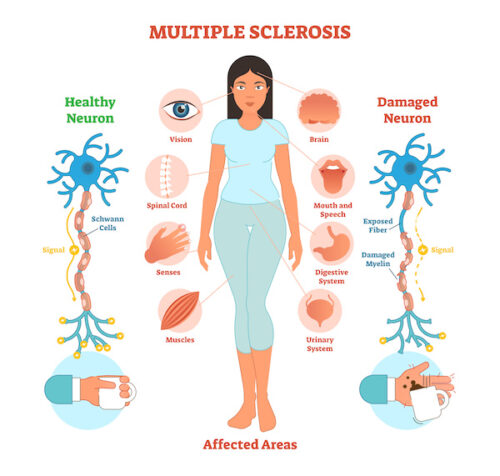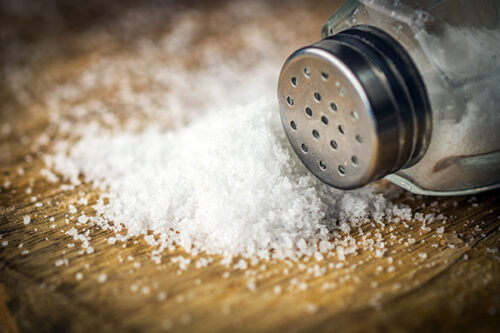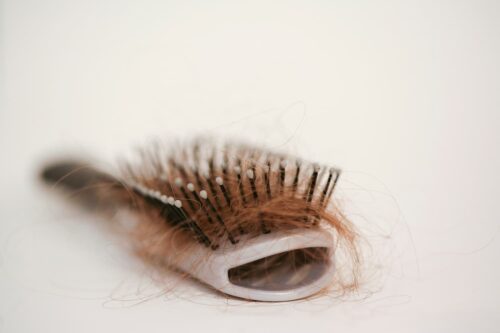Ulcers (Esophagitis, Gastritis, Indigestion)
Fatty foods with low fiber content, alcohol, caffeinated and decaffeinated beverages, and irritating foods, such as peppers, raw onions, cucumbers, green peppers, radishes, and fruit juices, and medications are the leading causes of stomach distress.
Avoiding the wrong foods and beverages, and eating foods that are non-irritating will bring quick and long -lasting relief. High-fat, low-fiber foods have been associated with an increased incidence of ulcers world wide.
Coffee, even decaffeinated coffee, caffeinated colas, sometimes strong tea, and alcoholic beverages are the most common substances that can inflame the lining of the esophagus, stomach, and the whole intestinal tract. Use of alcohol and tobacco have been associated with esophageal cancer.
Although raw onions, cucumbers, radishes, and green peppers are very irritating for many people, they cause less trouble when cooked. With onions, cooking boils off a toxic oil that provokes the distress. Fruit juices, especially citrus, pineapple, and apple will cause distress. Rarely will the whole fruit cause trouble. Hot peppers (chili, black, white, green, yellow and red) and products containing peppers, such as kim chi and Mexican salsa sauces, can “burn” the lining of the esophagus and cause almost immediate discomfort in many people.
Frequent meals focusing primarily on starches will bring quick relief to people with esophagitis, gastritis, and ulcers. For serious ulcer disease, therapy may be started with liquid antacids, effective drugs, such as Tagamet or Zantac or Carafate, to speed the initial phases of healing.
Once the ulcer is healed by whatever method, the next most important issue is to prevent its recurrence. This return can affect as many as three-fourths of the patients within six months. A low-fat, high-fiber diet will cut the recurrence rate by at least half that observed in people who remain on high-fat, low-fiber diets. Giving up smoking cigarettes will reduce the risk of recurrence in six months from 72% to 21%. Quitting alcohol and coffee, (including decaffeinated coffee) will further decrease the risk of recurrence as well as restore and maintain health.
Recommendations
+-Eat foods and drink beverages according to a starch-based diet, avoiding the irritating plant foods mentioned above. Antacids may offer additional symptomatic relief during the early stage of treatment, and some are relatively harmless medications. Liquid antacids are much more effective than are those in tablet form, especially in cases of esophagitis, because the liquid can coat the inflamed areas while tablets just slide past them. In rare cases, a patient will need more powerful drugs that inhibit production of acid, such as Tagamet (cimetidine), or Zantac (ranitidine), or Carafate (sucralfate), a drug that coats the ulcer to speed healing.
References
+-Editorial–Diet and the peptic ulcer. Lancet 2:80, 1987
Ippoliti, A. The effect of various forms of milk on gastric-acid secretion. Ann Intern Med 84:286, 1976
Kumar, N. Effect of milk on patients with duodenal ulcers. Br Med J 293:666, 1986
Childs, P. Peptic ulcer, pyloroplasty, and dietary fat. Ann R Coll Surg Engl 59:143, 1977
Malhotra, S. A comparison of unrefined wheat and rice diets in the management of duodenal ulcer. Postgraduate Med J 54:6, 1978
Rydning, A. Prophylactic Effect of Dietary Fibre in Duodenal Ulcer Disease. Lancet 2:736, 1982
Thomas, F. Inhibitory effect of coffee on lower esophageal sphincter pressure. Gastroenterology 79:1262, 1980
Cohen, S. Gastric acid secretion and lower-esophageal-sphincter pressure in response to coffee and caffeine. N Engl J Med 293:897, 1975
Price, S. Food sensitivity in reflux esophagitis. Gastroenterology 75:240, 1978
Recommended Articles

Multiple Sclerosis (MS) & Diet

Salt: The Scapegoat for the Western Diet






